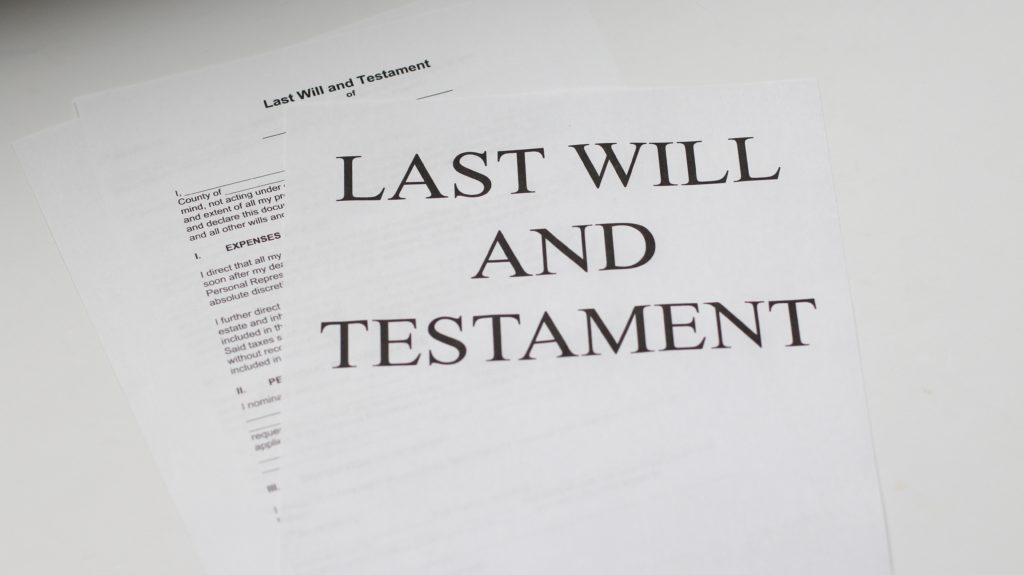Virtually every client with whom I speak starts with the same phrase at some point. “I just need a simple plan.” But there are very real problems with DIY wills and trusts.
It’s true that an effective estate plan should be simple and straightforward, if your life is simple and straightforward. However, few of us have those kinds of lives. For many families, the discovery that a will that was created using a basic form that proves to be invalid leads to all kinds of expenses and problems, says The Daily Sentinel in an article that asks “What is wrong with using a form for my will or trust?”
If the cost of an estate plan is measured only by the cost of a document, a basic form will, of course, be the least expensive option — on the front end. On the surface, it seems simple enough. What would be wrong with using a form?
Actually, a lot is wrong. The same things that make a do-it-yourself, basic form seem to be attractive, are also the things that make it potentially very dangerous for your family. A form does not take into account the special circumstances of your life. Depending on the value of your estate’s assets, you could put a significant amount of money at risk. That’s not what you had intended.
Another issue: any form that is valid in all 50 states is probably not going to serve your purposes. If it works in all 50 states (and that’s highly unlikely), then it is extremely general, so much so that it won’t reflect your personal situation. It’s a great sales strategy, but it’s not good for an estate plan.
If you take into consideration the amount of money that may need to be spent on the back end after you’ve passed, the savings that you believe you’re getting now will be lost many times over to attorneys fees for probate.
What you can’t put into dollars and cents is the peace of mind that comes with knowing that your estate plan, including a will, power of attorney, and health care power of attorney, has been properly prepared, that your assets will go to the individuals or charities that you want them to go to, and that your family is protected from the stress, cost and struggle that can result when wills are deemed invalid.
Other issues that may be created when forms are used: naming the proper executor, guardians and conservators, caring for companion animals, dealing with blended families, addressing Payable-on-Death (POD) accounts and end-of-life instructions, to name just a few.
Avoid the “repair” costs and meet with an experienced estate planning attorney to create an estate plan that will suit your needs.
Reference: The Daily Sentinel (May 25, 2019) “What is wrong with using a form for my will or trust?”



